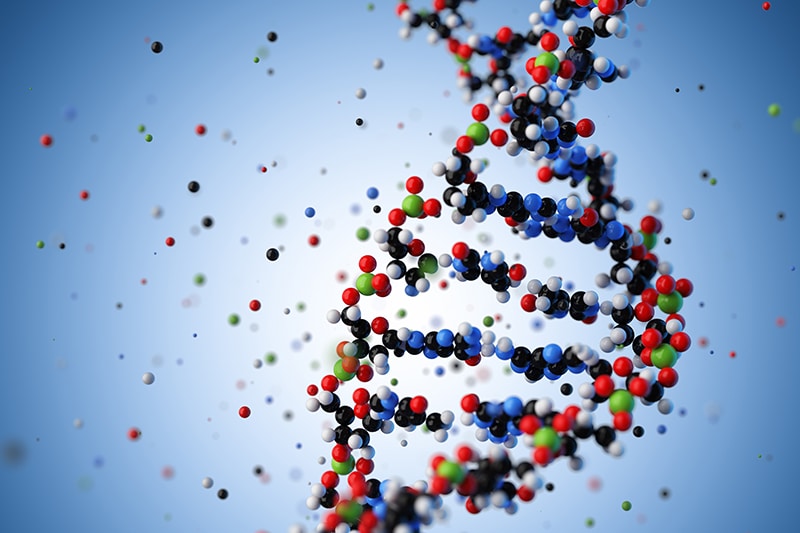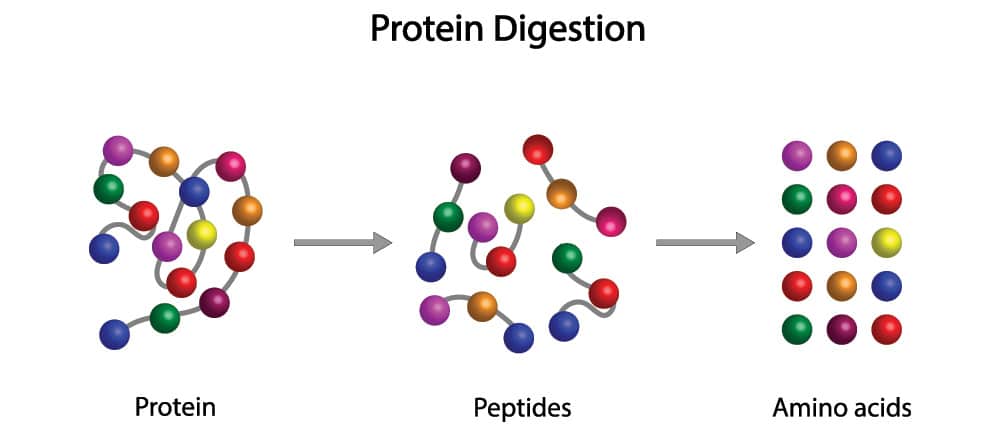What is Peptide Therapy?
Peptides are small chains of amino acids, responsible for regulating various physiological processes in our body. Peptide therapy utilizes these microscopic powerhouses to restore and optimize hormone levels, allowing your body to function optimally. Whether you’re struggling with fatigue, aging concerns, or overall wellness, peptide therapy could be the answer you’ve been searching for.
Role of Peptides in Hormore Balancing
Hormones play a fundamental role in maintaining balance within our bodies. When hormone levels become imbalanced, it can lead to a wide range of unpleasant symptoms. Achieving hormone balance is crucial for enhancing your health and unlocking your true potential.
Peptides act as signaling molecules and assist in restoring hormonal balance, which can result in improved energy levels, enhanced mood, increased libido, weight management, better sleep quality, and overall improvement in health and well-being.
Peptide therapy offers a targeted and personalized approach to hormone balancing. By identifying specific hormone deficiencies or excesses, healthcare providers can prescribe customized peptide protocols to address individual needs.

What is Peptide Therapy Used For?
Peptide therapy is an innovative medical treatment, and numerous studies have been conducted to understand the effectiveness of peptide therapy in treating various conditions, such as:
Anti-aging
Peptides can help slow the aging process at a cellular level, leading to rejuvenated skin and overall vitality.
Immune Function
Certain peptides can enhance the body’s immune responses, aiding in treating autoimmune disorders and preventing illness.
Weight Loss
Peptide therapy can contribute to weight loss by increasing metabolism and promoting fat burning.
Cognitive Enhancement
Some peptides can improve brain function and mental clarity, offering benefits for cognitive health.
Injury Recovery
Peptides can accelerate the healing process, making them beneficial for recovery from physical injury.
How is Peptide Therapy Administered?

Peptide therapy is usually administered through subcutaneous injections, similar to insulin shots. However, some peptides can be taken orally or used topically as creams. The method of administration depends on the type of peptide used and the patient’s overall health goals.
How Does Peptide Therapy Work?
Research suggests that peptide therapy uses specific chains of amino acids (peptides) to signal and regulate various bodily functions. Here’s a step-by-step breakdown of the process:
- Selection of Peptides: Peptides used in therapy are typically designed to mimic naturally occurring peptides in the body. They are chosen based on their ability to influence certain biological processes relevant to the treated condition.
- Administration: The peptides are administered into the body, typically via subcutaneous injection, but sometimes orally or topically.
- Interaction with Cell Receptors: Once inside the body, these peptides act like ‘keys,’ fitting into specific ‘locks’ or receptors on the surface of cells.
- Signal Transduction: Upon binding to these receptors, the peptides send signals that can initiate or inhibit specific biochemical pathways.
- Induction of Desired Effects: Depending on the peptide and its target, this signaling can stimulate various effects such as hormone production, cellular repair, immune response, and more.For example, some peptides stimulate the body’s production of human growth hormone, leading to increased muscle mass, improved recovery and reduced body fat, resulting in weight loss. Others may enhance immune function or act as antioxidants.
- Metabolism and Excretion: After performing their function, peptides are typically broken down into constituent amino acids by enzymes in the body and excreted, leaving no residual effects.

Peptide Therapy Benefits
Peptide therapy brings a world of benefits to your doorstep. At its core, it taps into the body’s biological mechanisms, using the power of peptides to promote wellness and enhance your quality of life.
Here’s how peptide therapy can pave the way for a healthier, more vibrant you:
Potential Side Effects of Peptide Therapy
Like any treatment, peptide therapy may have side effects. These can include mild irritations at the injection site, fatigue, or water retention. However, because peptide therapy is designed to mimic natural body processes, these side effects are generally infrequent, minimal, and easily treatable.
